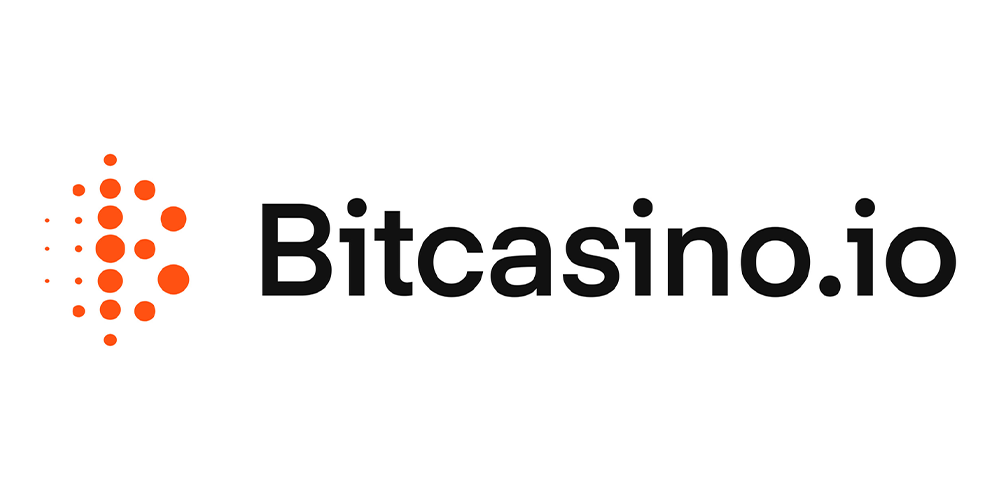The Growing Culture War with Konstantin Kisin
Where to find the show
Download Episode MP3 File
The file will open in a new window. Click down arrow to download the file.
“Freedom has tradeoffs, freedom will mean you’re less safe and freedom will mean that some people will say things you don’t like; I’m okay with that, because I don’t want to live in totalitarian China and I don’t want to live in Soviet Russia, if you do fine that’s fine, go there and live there.”
SHOW DESCRIPTION
Konstantin Kisin is a Russian-British satirist, podcaster, author and political commentator. In this interview, we discuss politics, freedom of expression, and the influence of American discourse on the UK. We also talk about the importance of rational and reasonable discussions, the challenges of self-censorship and the connection between economic issues and "wokeism".
- - - -
Cancel culture, the practice of publicly shaming or boycotting individuals or organizations deemed to have said or done something objectionable is a phenomenon that has gained prominence in recent years. The exact beginnings of cancel culture are hard to pinpoint, as public backlash and boycotts have occurred throughout history. However, the rise of social media platforms in the late 2000s and early 2010s significantly amplified cancel culture's influence.
The problem is the impact cancel culture has in shaping societal discourse and accountability. Supporters view it as a way to hold people responsible for their actions, promote social justice, and challenge systemic issues. They argue that cancelling figures or entities who promote harmful ideas helps to create a more inclusive and equitable society. It can also serve as a form of empowerment for marginalized groups.
And yet, cancel culture has faced strong and growing criticism in recent years for its significant negative impacts. The practice often lacks nuance or fairness, leading to disproportionate consequences for minor offences or misunderstandings without due process. Further, it fosters a culture of fear and self-censorship, as individuals may be afraid to express unpopular opinions or engage in critical discussions for fear of being cancelled.
Perhaps the most minacious consequence is that cancel culture can lead to further polarization in society as people retreat into echo chambers and become more resistant to differing viewpoints. The effect is to critically hinder open dialogue and mutual understanding. Rather than engaging in constructive dialogue, people are being prevented the opportunity to engage in rational and reasonable debate. If we want to remain free we must be prepared to be offended.
TIMESTAMPS
00:02:10: Introductions
00:03:50: Changing political climate
00:09:07: Free speech and rational discourse
00:19:42: Social media forcing self-censorship
00:24:51: Wokeism hiding economic issues
00:31:55: Social media has driven perverse incentives
00:38:11: Breakdown of the family unit
00:46:30: When to consider life's meaning and purpose
00:52:17: Misaligned education, and government decay
00:56:01: Broken politics vs freedom
01:09:09: Final comments
SUPPORT THE SHOW
If you enjoy The What Bitcoin Did Podcast you can help support the show by doing the following:
Become a Patron and join our Discord to get access to shows early or help contribute
Make a tip:
Subscribe on iTunes | Spotify | Stitcher | SoundCloud | YouTube | TuneIn | RSS Feed
Leave a review on iTunes
Share the show and episodes with your friends and family
Subscribe to the newsletter on my website
Follow me on Twitter Personal | Twitter Podcast | Instagram | Medium | YouTube
If you are interested in sponsoring the show, you can read more about that here or please feel free to drop me an email to discuss options.
SPONSORS
SHOW NOTES
Connect with Konstantin:
Mentioned in the interview:
Konstantin Kisin: Woke Culture HAS Gone Too Far - 7/8 | Oxford Union
John Major: From Brixton to Downing Street (Part 1) - Leading Podcast
Man guilty of hate crime for filming pug's 'Nazi salutes’ | BBC
Other Relevant WBD Podcasts:
WBD699: The Debanking of Nigel Farage
WBD643: The Corruption of Power & Influence with Ahmed Gatnash
WBD642: The Failure of Government Economic Policy with Dan Tubb
WBD638: Why Mainstream Media is Failing Us with Izabella Kaminska
WBD613: America’s Role in the New World Order with Natalie Smolenski
WBD612: The Rise & Fall of the Russian Empire with Michael Malice
WBD566: The Path of Freedom and Sovereignty with Natalie Smolenski











